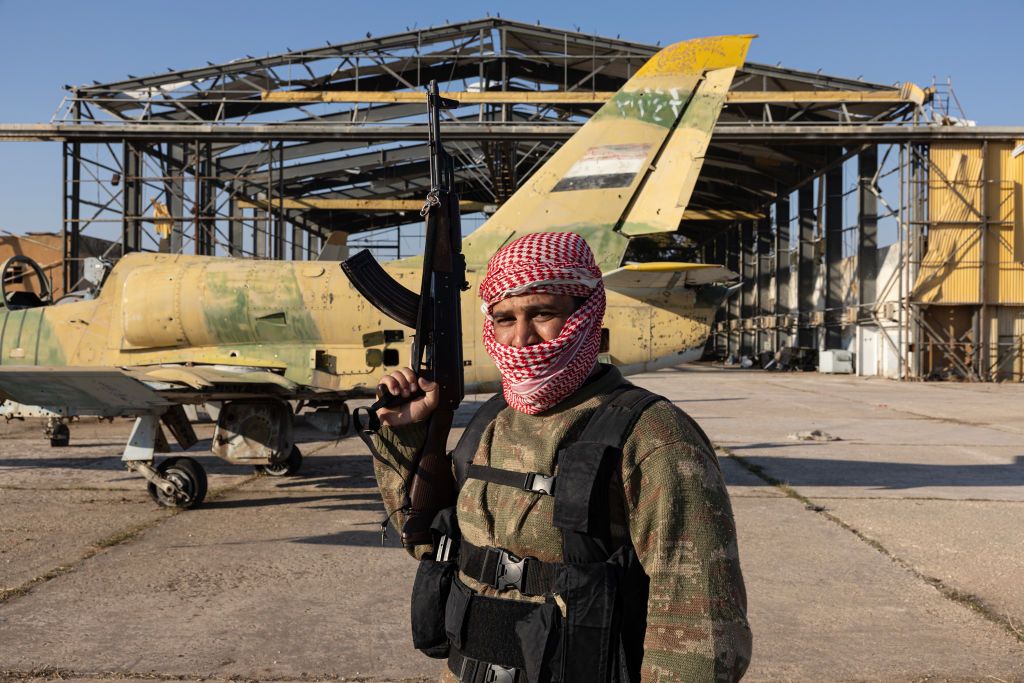'A more dangerous Russia' — UK armed forces chief issues stark 'third nuclear age' warning

The world faces the dawn of a "third nuclear age" in which Western democracies are threatened by "authoritarian states seeking to challenge the global rules," the head of the U.K.'s armed forces said on Dec. 4.
Speaking at the Royal United Services Institute (RUSI), Admiral Sir Tony Radakin said "wild threats of tactical nuclear use" by Russia were one of the gravest concerns, along with its deepening alliances with North Korea and Iran.
"This year’s most extraordinary development was the deployment of thousands of North Korean soldiers on the border of Ukraine," he said.
"Add to this the use of Iranian-supplied drones by Russian forces, and Russia’s threats to arm the Houthis in direct retaliation for Western support to Ukraine, and we are witnessing the world aligning into three groups."
Radakin said the first of these is the "authoritarian states" of Russia, Iran, China, and North Korea that sought to challenge and disrupt the global order.
The second is "the responsible nations of the world," while the third consists of countries such as India and Brazil who are "hedging and ducking between the two for maximum advantage."
Radakin added the third nuclear age — after the escalation of the Cold War, and then the disarmament efforts and counter-proliferation that followed — would be characterized by "proliferating nuclear and disruptive technologies, and the almost total absence of the security architectures that went before."
"From Russia we have seen wild threats of tactical nuclear use, large-scale nuclear exercises and simulated attacks against NATO countries, all designed to coerce us from taking the action required to maintain stability," he added.
Despite the dire warning, Radakin insisted there was only a "remote chance" Russia would directly attack or invade a NATO country due to the alliance's nuclear umbrella.
"Russia knows the response would be overwhelming, whether conventional or nuclear," he said, adding: "The strategy of deterrence by NATO works and is working.
"But it has to be kept strong and strengthened against a more dangerous Russia."












